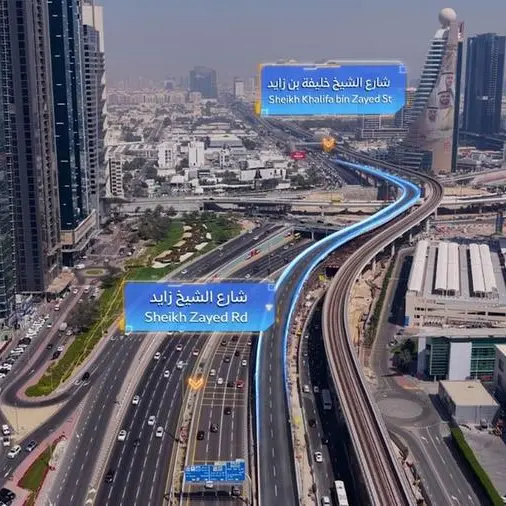Sharjah’s budget carrier Air Arabia has scrapped the rapid RT-PCR test requirement for passengers flying into the Emirate from several countries, the airline confirmed Tuesday.
PCR and rapid testing requirements for passengers arriving into Sharjah from India, Pakistan, Kenya, Nepal, Sri Lanka, Bangladesh, Egypt and Uganda have been scrapped, announced Air Arabia in its updated list of travel regulations.
Air Arabia passengers, including UAE nationals, are only required to take the Covid-19 PCR test conducted within 48 hours of the flight arrival time, stated the airline.
Travellers, however, need to undergo a re-test upon arrival at Sharjah International Airport.
“Passengers will go through another PCR test at the arriving airport. Passengers are no longer required to conduct rapid PCR test at the airport six hours prior to departure,” the revised regulations published on the airline’s website specified. UAE nationals and children below 12 years are exempt from the test.
However, all residence visa holders must continue to have a valid ICA/ GDRFA approval prior to departure.
Children under the age of 16 exempt from tests
Moreover, children under the age of 16 years are exempt from the tests. “Children arriving from Egypt under the age of 12 years are exempt from the tests,” it said.
However, test results for passengers arriving from Bangladesh, Egypt, Pakistan, Sudan, Lebanon, Sri Lanka, Nepal and India should carry QR codes on them.
Similar relaxations were also announced for passengers arriving at Dubai International Airport on Tuesday.
PP Singh, regional manager of Gulf, Middle East and Africa of Air India told Khaleej Times: “Rapid PCR tests conducted at the departure airport in India for travel to Dubai has been withdrawn with immediate effect. Similar confirmations have also come through from civil aviation authorities in Sharjah and Ras Al Khaimah.”
Singh said: “The fresh directives are a welcome sign from the UAE government and this is going to result in a boost in the Emirates’ tourism sector. I believe good times are coming back for the travel industry.”
He added: “We are very hopeful India would soon add UAE to the list of countries that don’t need a pre-travel PCR test prior to departure to India.”
On February 10, the Indian Union Ministry of Health and Family Welfare revamped its travel protocols to the country. The new guidelines scrapped mandatory pre-travel RT-PCR test, valid for 72-hours before departure, for passengers arriving from 87 countries, not including the UAE.
The rapid PCR tests were introduced in late summer 2021 by UAE authorities following a spike in cases across the world.
Category of passengers are allowed to travel from India, Pakistan, Nepal, Sri Lanka and Bangladesh:
> Fully vaccinated residents after 14 days of taking the second dose of any WHO-approved Covid-19 vaccine and hold the vaccination certificate issued by the health authorities including the certificate on the Al Hosn App. Children below the age of 16 years are exempt from vaccination.
> Fully vaccinated visitors after 14 days of taking the second dose of any WHO-approved Covid-19 vaccine and hold the vaccination certificate issued by the health authorities.
> All vaccinated passengers with e-visas arriving in Sharjah and Ras Al Khaimah.
> All vaccinated and non-vaccinated medical personnel working in the UAE including the doctors, nurses and technicians.
> All vaccinated and non-vaccinated education sector staff, including teachers of universities, colleges, schools and institutes.
> All vaccinated and non-vaccinated students currently studying in UAE.
> Humanitarian cases who have valid visas (for family’s reunion).
> All vaccinated and non-vaccinated governmental staff of Federal and local entities.
> Vaccinated and non-vaccinated long-term visa holders (Golden visa)
> Vaccinated and non-vaccinated diplomats
Copyright © 2022 Khaleej Times. All Rights Reserved. Provided by SyndiGate Media Inc. (Syndigate.info).




















